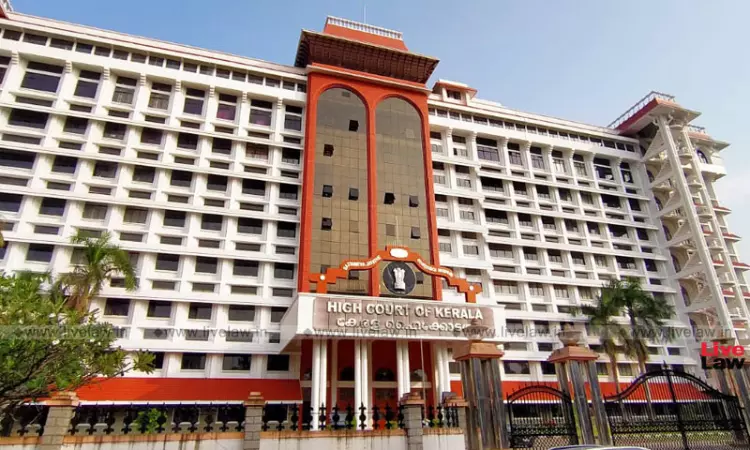'Vertical Reservation' By Calicut University For Persons With Disabilities Faulty And Illegal: Kerala High Court
Navya Benny
4 Feb 2023 12:13 PM IST

Next Story
4 Feb 2023 12:13 PM IST
The Kerala High Court on Friday held that the reservation procedure followed by the Calicut University by earmarking roster points for persons with disabilities, and providing them with vertical reservation instead of horizontal, as being faulty and illegal, and also violative of Rule 15 of Part II Kerala State and Subordinate Service Rules (KS & SSR). Such reservation had resulted...
